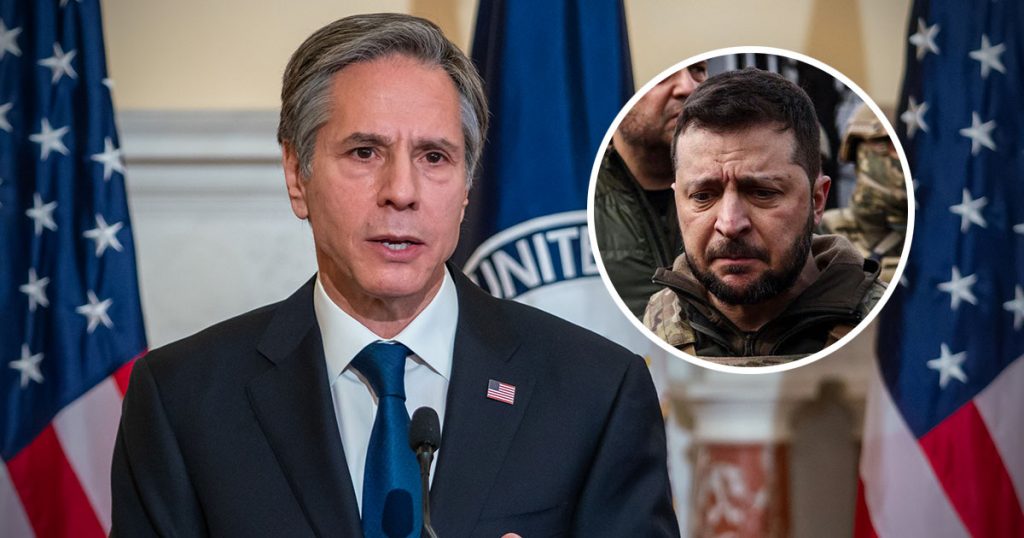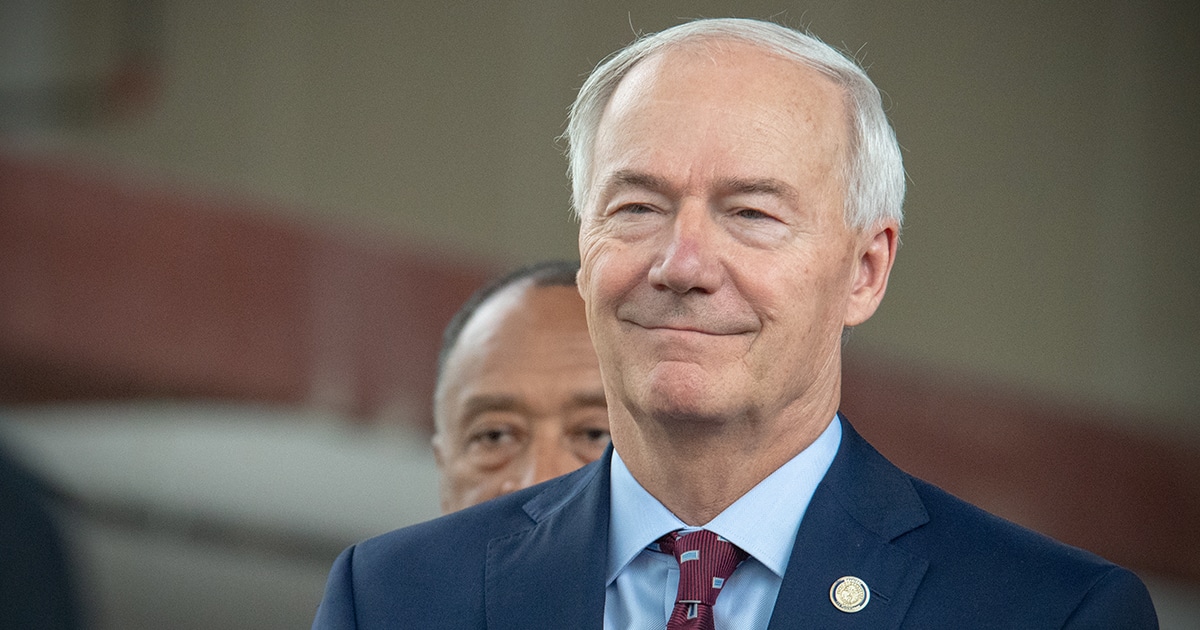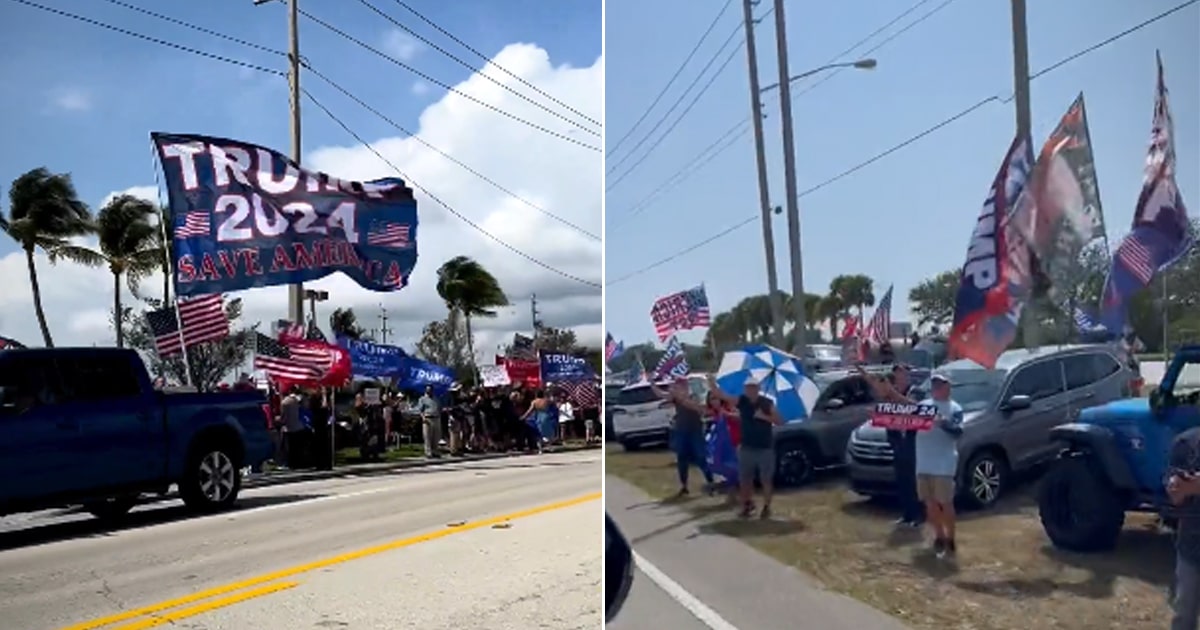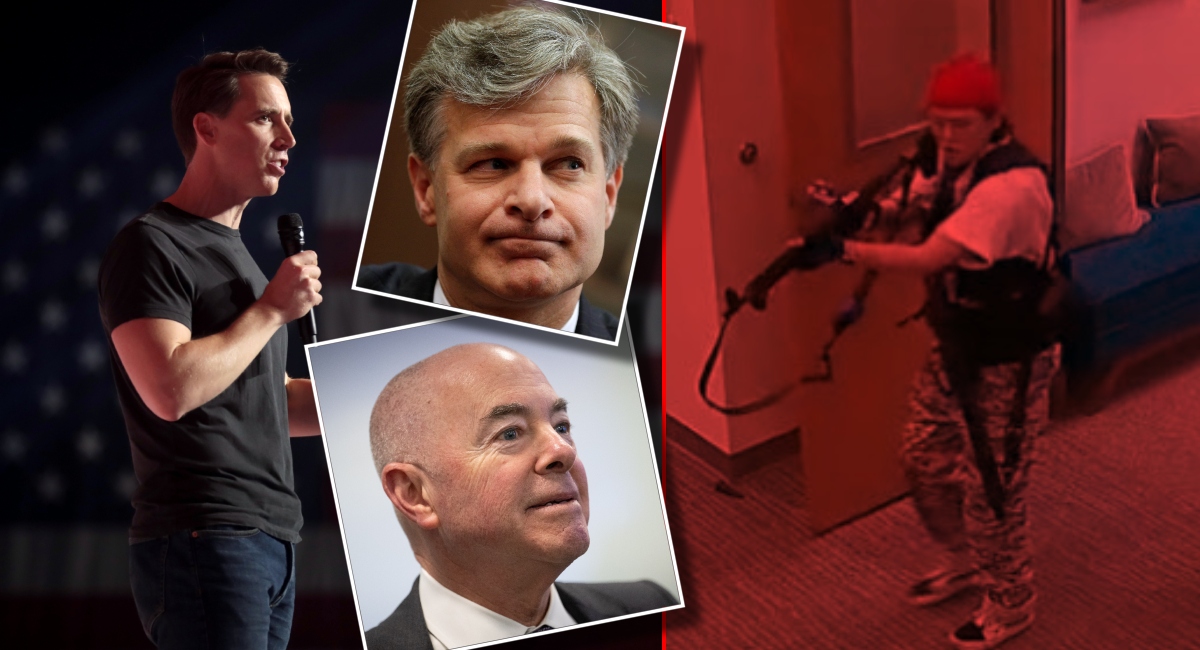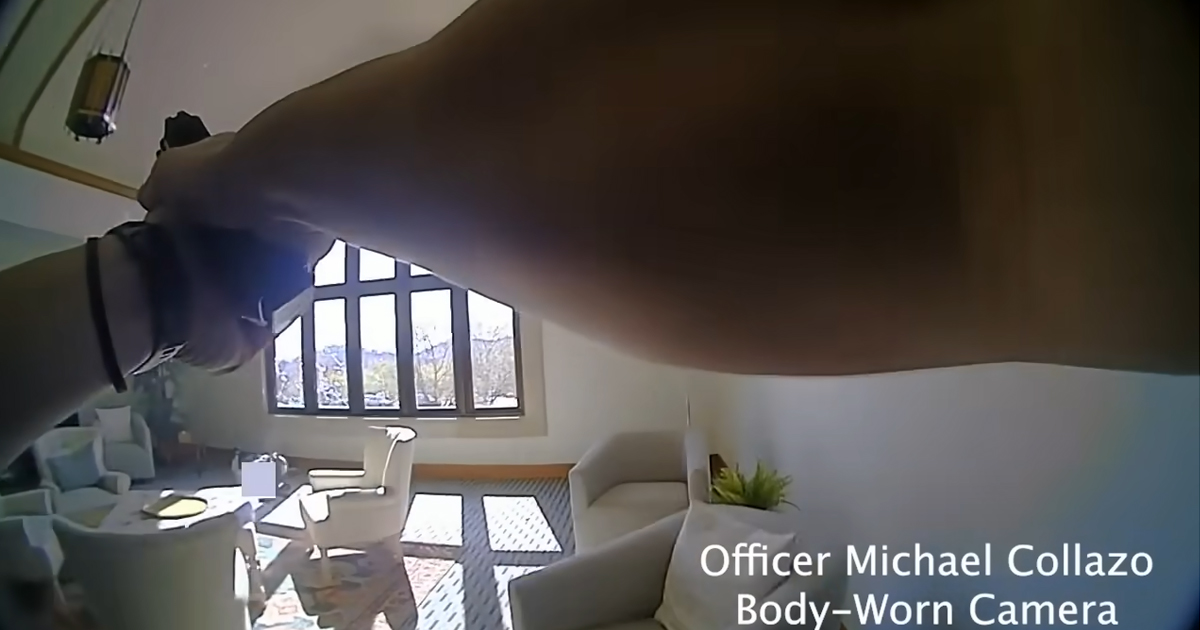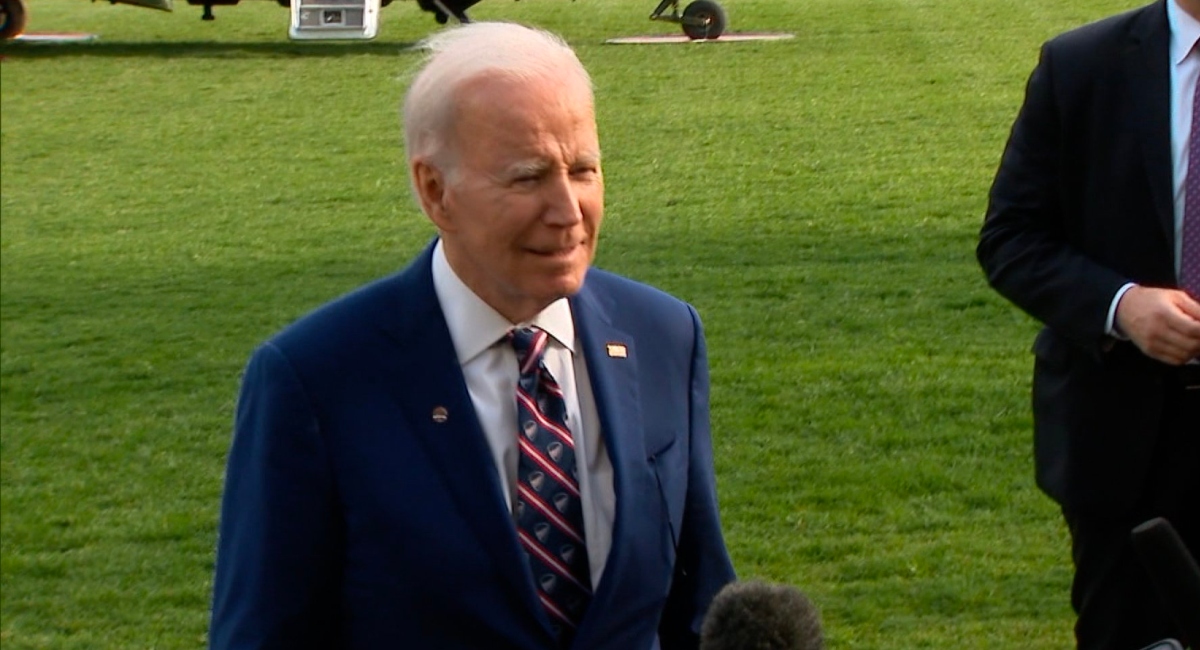In an interview with NPR, Biden administration Secretary of State Antony Blinken stated that “a just peace and a durable peace” would not be possible as long as Moscow did not respect Ukraine’s territorial integrity.
Blinken refers to all of Ukraine before the Maidan coup of 2014—as Washington does not recognize Russia’s annexation of Crimea, much less the additional four Ukrainian territories that Russia annexed last September.
February 24 will mark a year since Russia launched its Special Military Operation into Ukraine to protect Russian-speaking Ukrainians in the eastern parts of the country—many of whom have no loyalty to Kiev.
Casualty numbers on both sides vary widely, but the death and destruction—not to mention the financial devastation to Ukraine—have been horrific. This month, a Turkish newspaper reported that 157,000 Ukrainian soldiers had been killed in the conflict, compared to 18,480 Russian soldiers.
Ukrainian soldiers operating in the Donbass in 2014 (State photo)
Blinken admitted to the suffering that the Ukrainian people have endured. He stated that the United States provided the Ukrainians with the necessary weapons to repel a Russian invasion but suggested that the Ukrainians would have to submit to Washington’s terms before finding a way out of the carnage.
“No one wants peace more and more quickly than the Ukrainian people, because they’re the ones who are suffering from this aggression,” noted Blinken.” But it also has to be just peace and a durable peace. It has to be a peace that reflects the principles of the United Nations charter that preserve Ukraine’s territorial integrity.”
Russia, however, has more than three times Ukraine’s population and nearly double its GDP per capita.
In its current war of attrition, armed with Western advisers and tens of billions of dollars of Western supplies, the Ukrainians have exacted a heavy toll on the Russian army—one that could put them in a solid bargaining position.
Blinken, nevertheless, rules out any peace deal that would cede an inch of territory to Russia because of the precedent it would set.
“If we ratify the seizure of land by another country and say ‘that’s okay, you can go in and take it by force and keep it,’ that will open a Pandora’s box around the world for would be aggressors that will say, ‘Well, we’ll do the same thing and get away with it,” he said.
This fits into his consistent position on US involvement since the start of the war.
Destroyed truck from the Ukraine War in 2014 (State photo)
In a speech at George Washington University, he explained that doing everything possible to defend Ukraine’s territorial integrity is necessary to maintain the post-World War II world order.
“We’ve put diplomacy back at the center of American foreign policy,” he told the audience, “to help us realize the future that Americans and people around the world seek …. To build that future, we must defend and reform the rules-based international order – the system of laws, agreements, principles, and institutions that the world came together to build after two world wars to manage relations between states, to prevent conflict, to uphold the rights of all people.”
He was careful to avoid tying the defense of his “rules-based international order” against Russia to Western values—a tactic often used by America’s European allies.
“[The order’s] founding documents include the UN Charter and the Universal Declaration of Human Rights, which enshrined concepts like self-determination, sovereignty, the peaceful settlement of disputes,” he added. These are not Western constructs. They are reflections of the world’s shared aspirations.
Russian President Vladimir Putin, he said, presented “a clear and present threat” to that order.
In a speech at the Council on Foreign Relations headquarters in 2016, while serving as Undersecretary of State in the Obama administration, Blinken named “the liberal international order” as the reason America spent its blood and treasure during the previous seven decades.
Walter Russell Mead, foreign affairs and humanities professor at Bard College, softly suggested that perhaps domestic opposition to Blinken’s beloved liberal international order came because Americans were never asked after the Cold War whether their blood and treasure should be spent to maintain that kind of hegemonic world order.
Burning vehicles from the Ukraine War in 2014 (State photo)
“To me, it’s always interesting that after World War II…the United States first decided we’re going to wash our hands of everything,” Mead sad. … And it was really only when Stalin sort of began to move forward in Eastern Europe that Truman was able to kind of painfully rally the country there. Interestingly, after 1990, we didn’t have that debate. You know, we didn’t—Cold War was over, what are we going to do? We’re going to build a new world order. We’re going to extend the West to the East. I’m not sure that the American people bought into that. … And so there’s a tremendous skepticism, and we’re sort of having the debate now that we would have had in 1990. Does that tally with what you see?”
Blinken responded by suggesting that scarcity and technology were causing people to question whether the foreign policy mission that Truman convinced the country to pursue” and then that we renewed after the Cold War is the right thing.”
Blinken did not, however, address Mead’s suggestion that the “we” who decided to renew the Truman Doctrine after the Cold War ended did not include the American people—as no proper debate on the issue occurred after the Cold War ended.
Blinken’s comments to NPR suggest that having defined what Americans spilled their blood and treasure for in every conflict since World War II, he is fine deciding the same for the Ukrainians.
This news and commentary by Jacob Grandstaff originally appeared on Valiant News.

